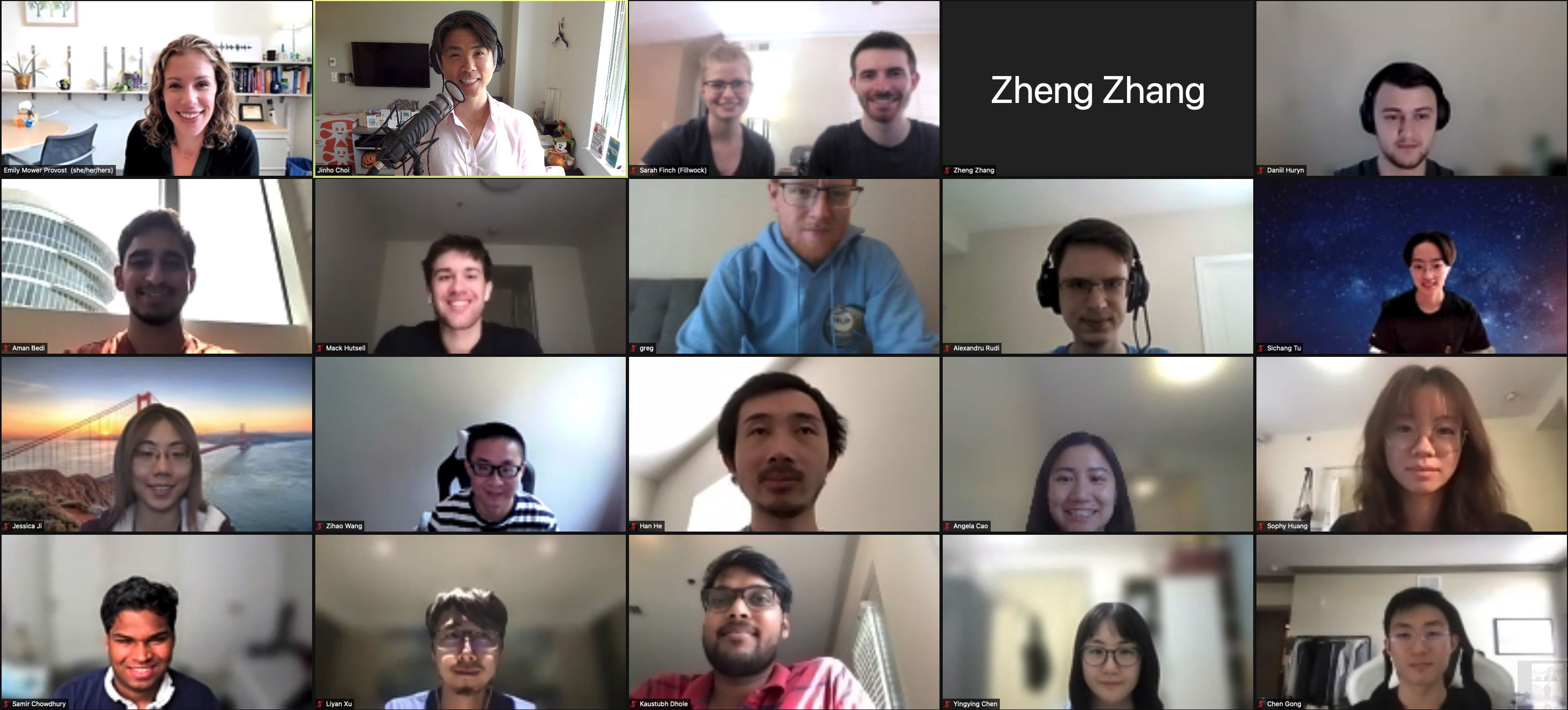Guest 2021F: Emily Mower Provost

Student Group Meeting
Date: 2021-09-03 / 2:15 ~ 2:50 PM
Location: https://emory.zoom.us/j/98352727203
Bio
Emily Mower Provost is an Associate Professor in Computer Science and Engineering and Toyota Faculty Scholar at the University of Michigan. She received her Ph.D. in Electrical Engineering from the University of Southern California (USC), Los Angeles, CA in 2010. She has been awarded a National Science Foundation CAREER Award (2017), the Oscar Stern Award for Depression Research (2015), a National Science Foundation Graduate Research Fellowship (2004-2007). She is a co-author on the paper, "Say Cheese vs. Smile: Reducing Speech-Related Variability for Facial Emotion Recognition,'' winner of Best Student Paper at ACM Multimedia, 2014, and a co-author of the winner of the Classifier Sub-Challenge event at the Interspeech 2009 emotion challenge. Her research interests are in human-centered speech and video processing, multimodal interfaces design, and speech-based assistive technology. The goals of her research are motivated by the complexities of the perception and expression of human behavior.

Automatically Measuring Emotion from Speech: New Methods to Move from the Lab to the Real World
Emily Mower Provost
Date: 2021-09-03 / 1:00 ~ 2:00 PM
Location: https://emory.zoom.us/j/98352727203
Invited talk at the Emory CS Seminar Series
Abstract
Emotion has intrigued researchers for generations. This fascination has permeated the engineering community, motivating the development of affective computing methods. However, human emotion remains notoriously difficult to accurately detect. As a result, emotion classification techniques are not always effective when deployed. This is a problem because we are missing out on the potential that emotion recognition provides: the opportunity to automatically measure an aspect of behavior that provides critical insight into our health and wellbeing, insight that is not always easily accessible. In this talk, I will discuss our efforts in developing multimodal emotion recognition approaches that are effective in natural environments and demonstrate how these approaches can be used to support mental health.